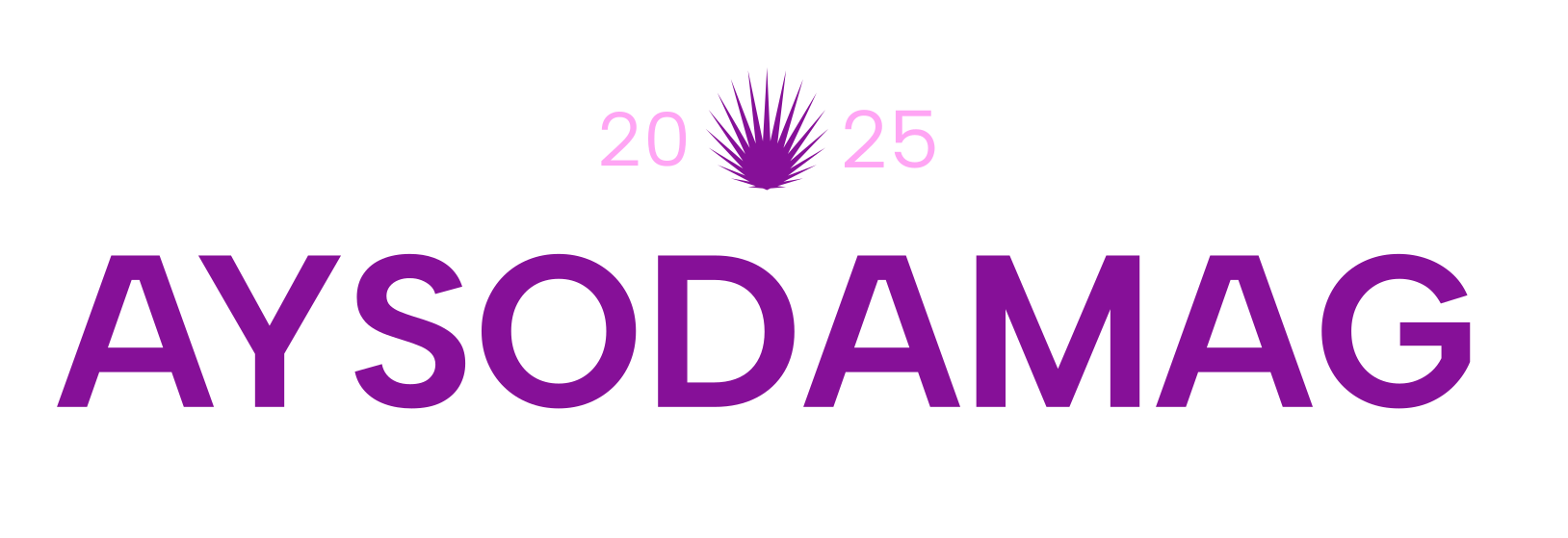Blockchain technology has emerged as one of the most revolutionary innovations of the 21st century. Initially introduced as the underlying technology for Bitcoin in 2008, blockchain has since evolved and found applications in a wide range of industries, including finance, healthcare, supply chain management, and even voting systems. But what exactly is blockchain, and how is it transforming the digital world?
What is Blockchain?
At its core, blockchain is a decentralized and distributed ledger that records transactions across multiple computers. This ensures that the record is secure, transparent, and cannot be altered retroactively without altering all subsequent blocks, which makes it incredibly secure and resistant to fraud.
Key Features of Blockchain Technology
-
Decentralization: Traditional databases like SQL rely on a central authority to manage and verify transactions. Blockchain, however, eliminates the need for a central authority, as data is stored across a network of computers (also known as nodes). This decentralized structure makes it less vulnerable to hacks and fraud.
-
Transparency: All transactions made on the blockchain are visible to all participants. Once a transaction is recorded, it cannot be modified or deleted, providing a high level of transparency and accountability.
-
Security: Blockchain uses cryptography to secure data. Each block contains a cryptographic hash of the previous block, along with a timestamp and transaction data. This makes it nearly impossible for hackers to alter any information without being detected.
-
Immutability: Once a transaction is recorded on the blockchain, it is permanent. This feature makes blockchain particularly useful for applications where data integrity is critical, such as financial transactions and supply chain tracking.
Applications of Blockchain
Blockchain technology is being adopted across various sectors:
-
Cryptocurrencies: Bitcoin, Ethereum, and other cryptocurrencies are built on blockchain, allowing peer-to-peer transactions without the need for intermediaries like banks.
-
Supply Chain Management: Blockchain ensures transparency in supply chains by providing an immutable record of the movement of goods from the producer to the consumer.
-
Healthcare: Blockchain can securely store medical records, ensuring that they are accessible only to authorized parties and preventing fraud.
-
Smart Contracts: These are self-executing contracts with the terms directly written into code. They automatically execute when predefined conditions are met, reducing the need for intermediaries.
The Future of Blockchain
As the adoption of blockchain technology continues to grow, its potential applications are virtually limitless. From enhancing data security to transforming industries like finance, healthcare, and logistics, blockchain is shaping the future of digital transactions. With further advancements in scalability and interoperability, blockchain could soon become an integral part of everyday life.
Conclusion
Blockchain technology is more than just a buzzword—it’s a game-changer that promises to revolutionize the way we conduct transactions, store data, and interact with the digital world. As businesses and governments explore its potential, the future of blockchain looks incredibly promising.

